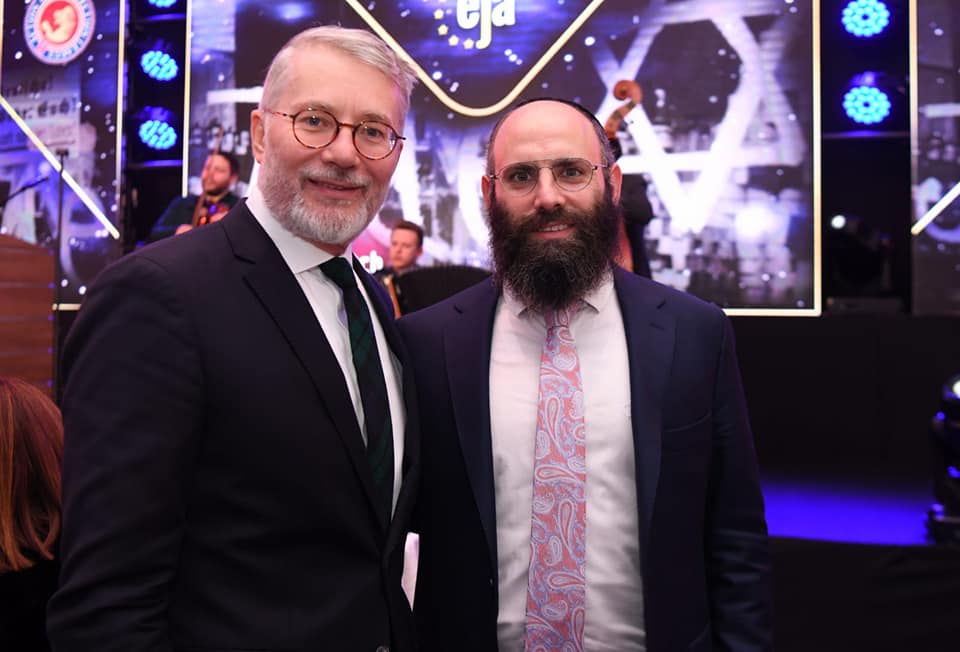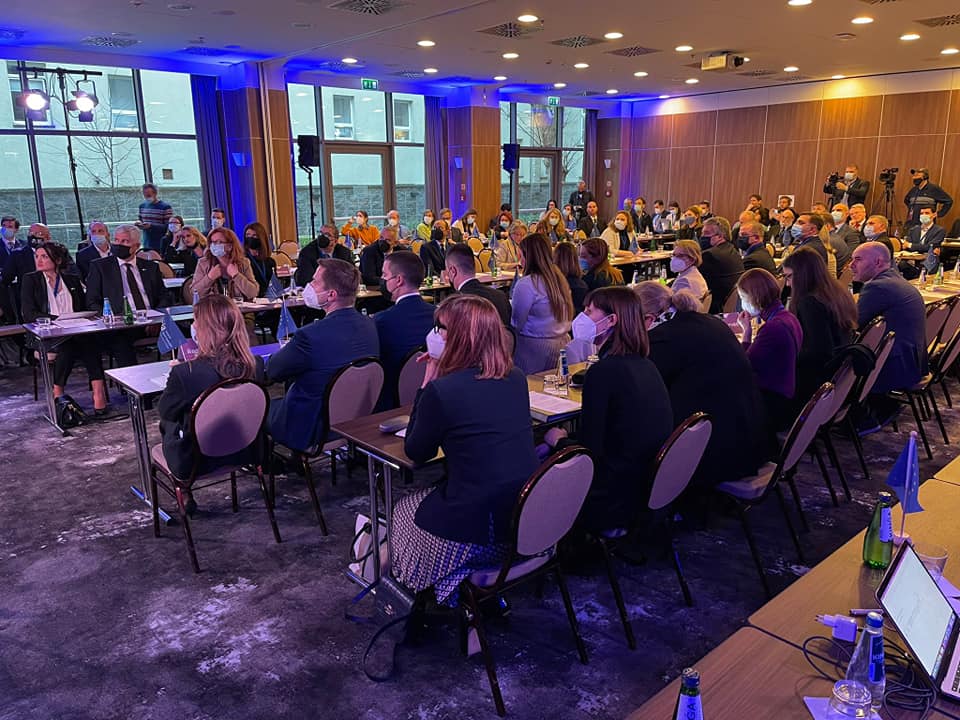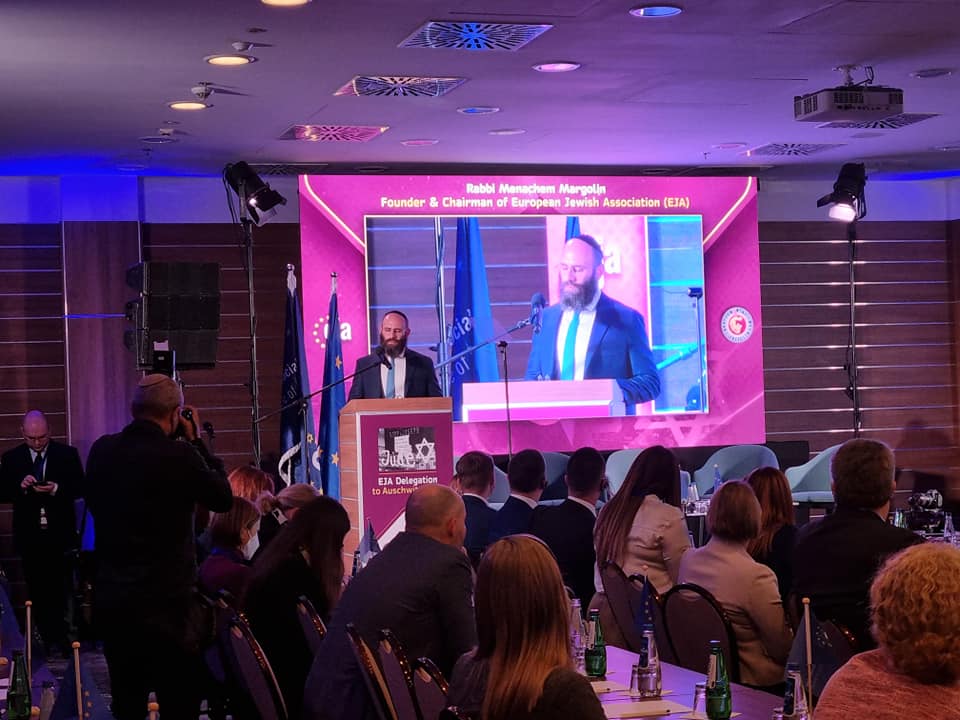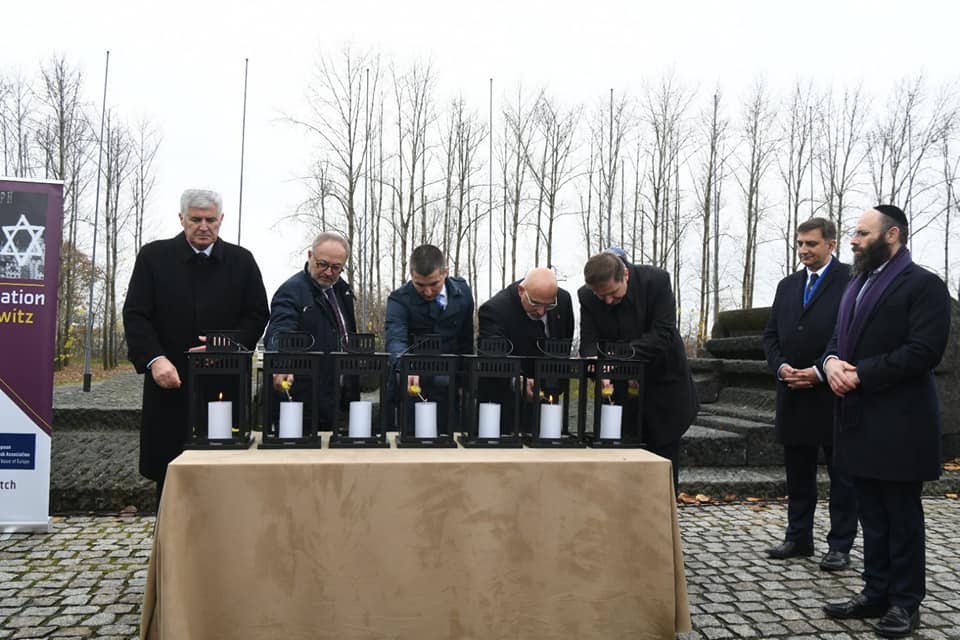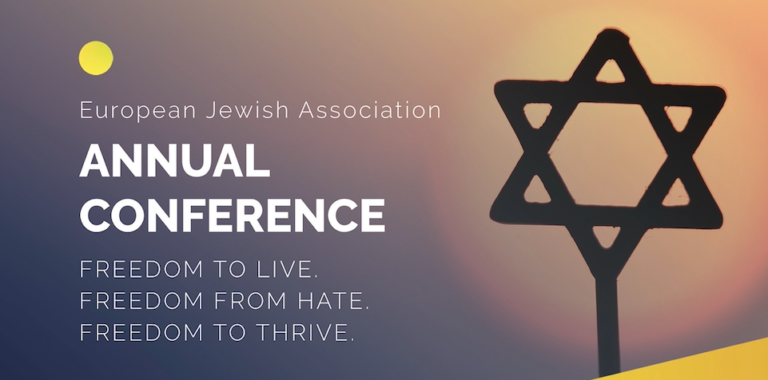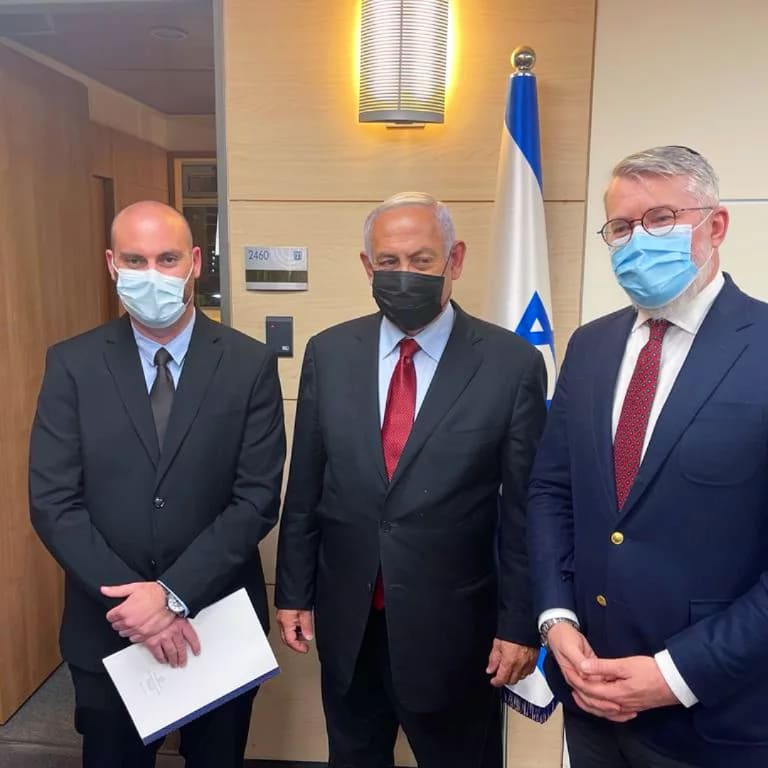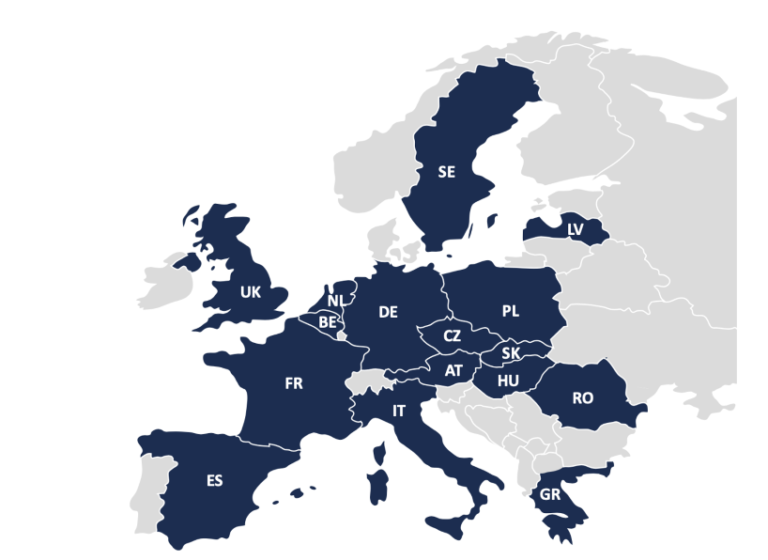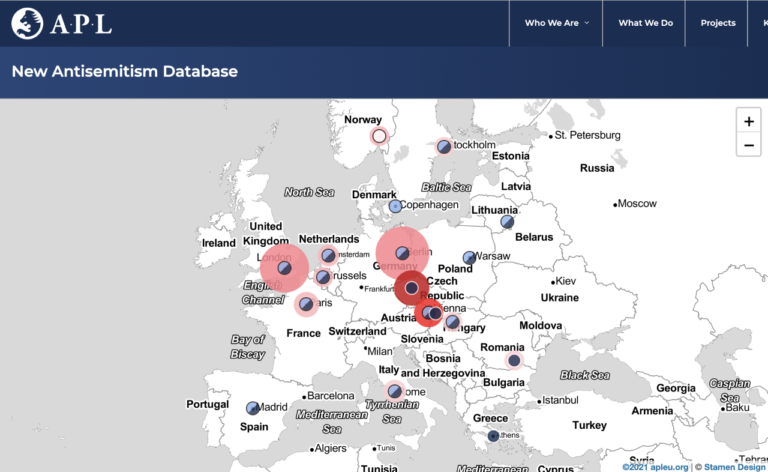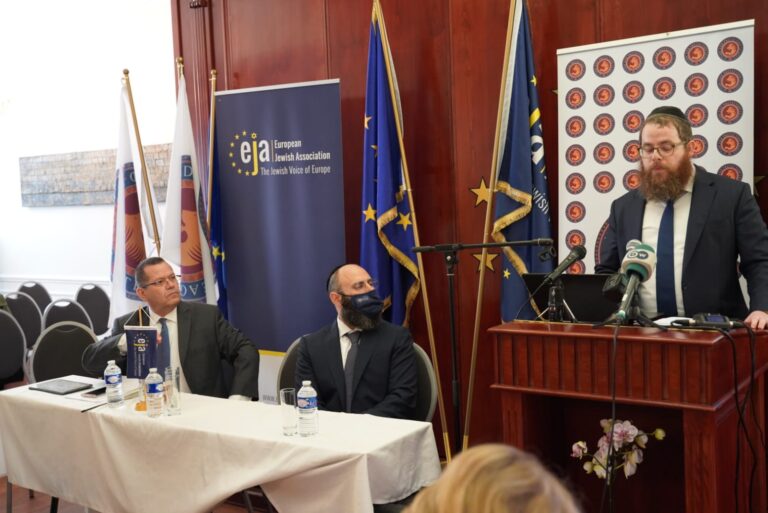EU competent authorities find the Hungarian model remarkable.
An international conference organised by the European Jewish Association (EJA) and the European Action and Protection League (APL) is now taking place in Krakow, November 8–9, in commemoration of the 83rd anniversary of the Night of Broken Glass (Kristallnacht). Besides rabbis and representatives of Jewish communities, numerous key figures of European politics are participating in the event, where, due to the disturbing findings of APL’s latest research, the role of educational tools in combating antisemitism is the central focus.
During the two-day conference, the most common practices of Shoah remembrance will be reviewed, and the means of combatting increasing prejudices against Jews are central. In the long run, this is primarily attainable by broadening the educational tools used by schools. EU authorities have found the Hungarian method for reviewing school textbooks to help fight antisemitism remarkable, and there are ongoing negotiations with numerous governments about adopting the technique at the local level.
Many countries are represented at the conference by senior members of their ministries of education; thereby, the newly appointed British minister of education and the ministers of Croatia and North Rhine-Westphalia are also among the guests and lecturers.
The participants will also pay their respects at the Auschwitz-Birkenau Memorial and Museum, where they can receive credible information about the genocide occurring almost 80 years ago and ascertain the importance of fighting racism and antisemitism.
At the conference, Secretary of the Action and Protection League, Kálmán Szalai, highlighted the importance of education in combating antisemitic prejudice, noting that the knowledge shared with the upcoming generations can essentially influence the value system they develop as an adult. Szalai introduced the school textbook reform project of the Action and Protection League, which included a review of parts covering Jewish religion and culture, ancient and modern Israel, and the Holocaust by professionals of Hungarian Jewish communities. These professionals then made recommendations for modifications to the editors and publishers. The Hungarian government was the first in Europe to embrace this initiative, and the recommendations provided were reflected in the upcoming editions of the textbooks.
Concerning the reform project, the leader of the Brussels office of the Action and Protection League, Tamir Wertzberger, mentioned that there are ongoing negotiations with the education ministries of several European countries about adopting the program at the local level. They are also negotiating with the European Commissioner for Education about the possibilities of implementing a Europe-wide program. Based on the Hungarian example, Poland and Slovakia are currently working on developing their own local “white book,” which would set the norms for reviewing the local national curriculum and textbooks. The project is supported by the International Visegrad Funds.
Wertzberger noted that APL’s large-scale survey on European antisemitism and its comprehensive European antisemitism index presented in Brussels in October clearly illustrated that antisemitic hate is unfortunately present in all European countries. In the countries of Western Europe, physical antisemitic hate crimes are primarily committed by members of the local Muslim communities. Among migrants from the Middle East, concerning their integration, combating their prejudices against Jews in the framework of national education is of utmost importance since they are typically exposed to a harmful influence in their community, which is hard to counter with tools other than formal education. In the upcoming months, the Brussels office of APL will strive to persuade European countries with major Jewish communities – Germany, France and Belgium – about the importance of this mission.
In this context, Dr Zoltán Maruzsa, the Hungarian Secretary of State for Public Education, highlighted that during the publication of new textbooks in accordance with the national curriculum review every five years, they cooperate with the professionals of APL to ensure that the contents concerning the Jewish community provide the upcoming generation with authentic and credible information about Jews.
